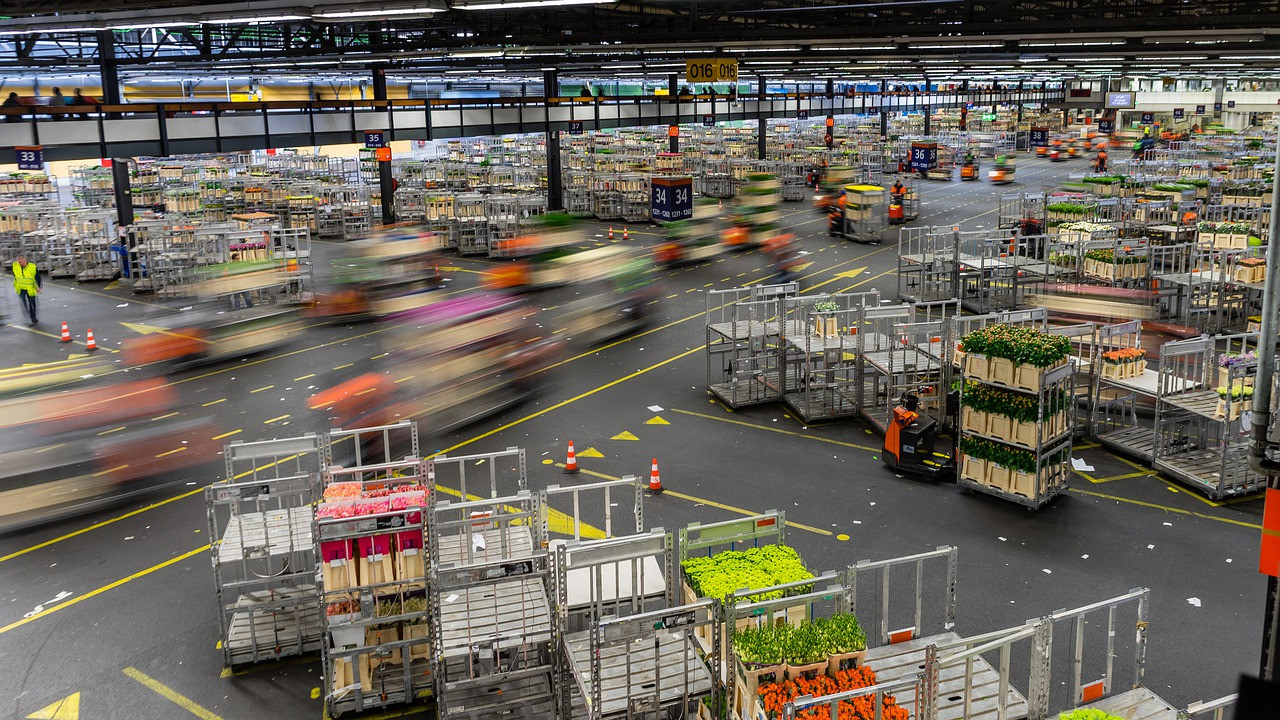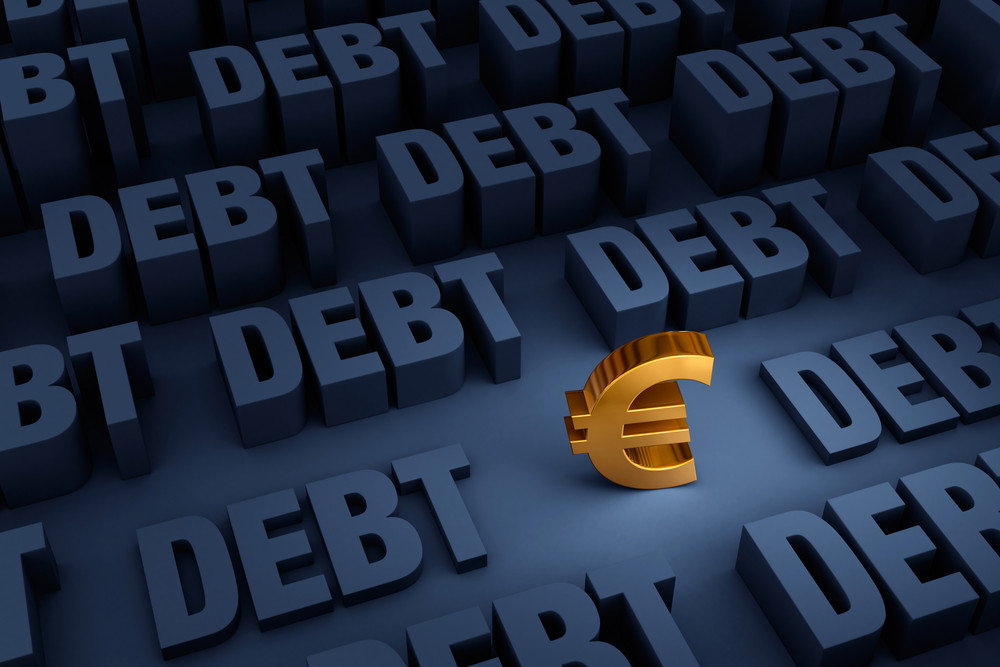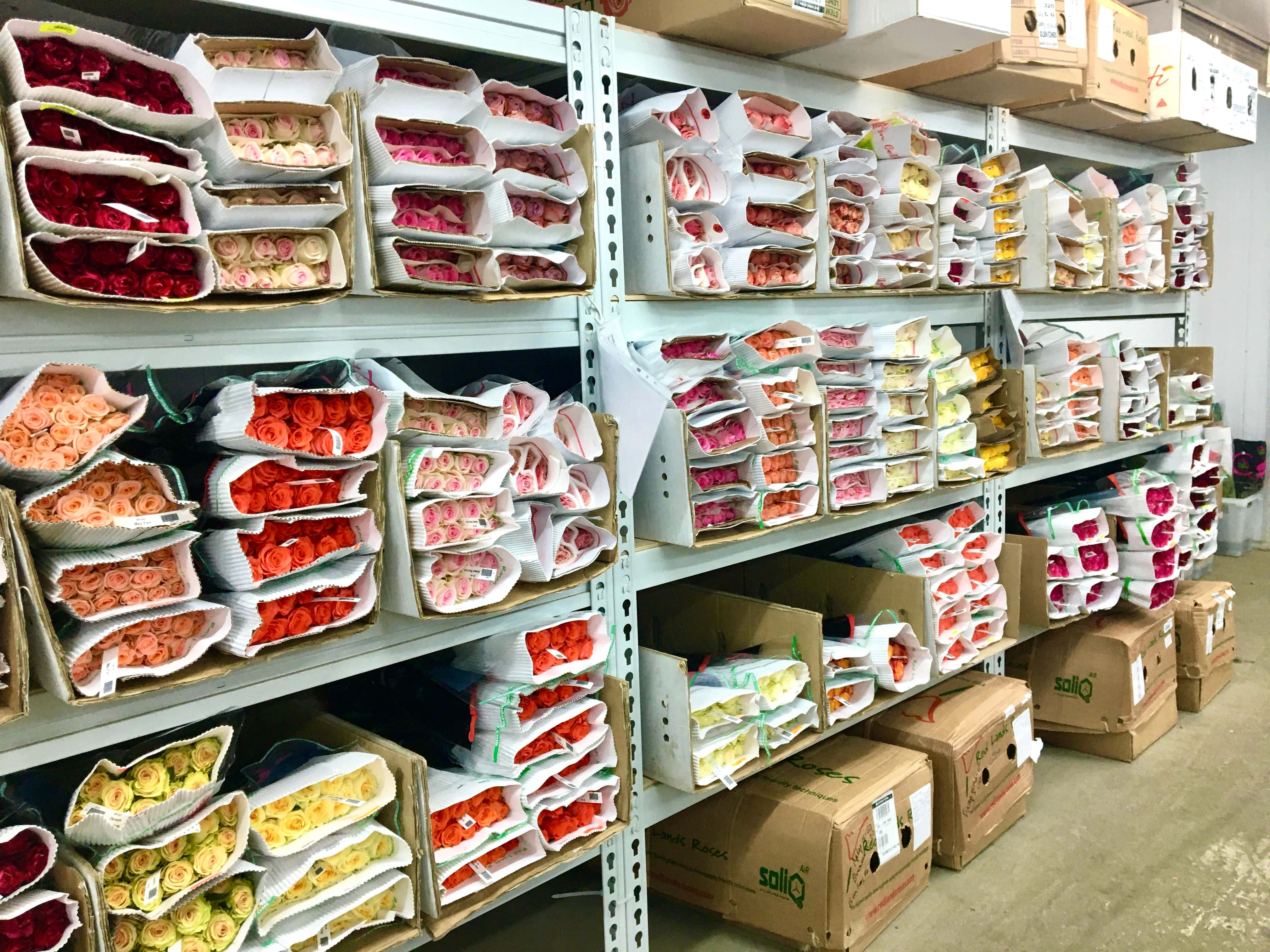Identity fraud, an increasing phenomenon in the flower industry
We have already reported a few times about it: identity fraud. This phenomenon is increasing and we now see groups of people in Italy, Romania, Croatia, Serbia, Qatar (for the FIFA World Cup!) and Russia who have made this fraud a ''specialism'' with great regularity.
What is identity fraud? They are mainly scammers who impersonate employees of reputable companies. They are also always only contact person, they place orders and give the order (usually without you knowing or seeing it) to deliver the goods to a different address than the debtor in question. They use 'fake' email addresses and phone numbers, which are similar to those of the debtor, but certainly not the same. If you have a credit insurance, you apply for a credit limit on the debtor and you think that the orders are insured. Nothing could be further from the truth! You have no insurance, because the original debtor in question knows nothing about the orders and has not received anything either. You are at all times responsible for checking whether you are really doing business with the company in question. So you just have unpaid invoices and no payment. We already have several experiences that this construction just takes about 3 to 4 weeks before the supplier realizes it is wrong. The damages we have identified usually run into tens of thousands of dollars and in a few cases much more!
How can you recognize signs of identity fraud?
- Pay attention to the telephone numbers used. These are usually mobile numbers. Try calling back the company's landline number. A serious buyer often has a website (no matter how brief) with a phone number.
- Pay attention to the email addresses! Is this an email address with the company name? Check with the website if this is identical and not for example with a small addition (such as a letter, or "flor", or "plant", etc.). Scammers usually use Gmail or Yahoo accounts for free. Check what the company's email accounts should look like.
- Never just click on links to the website in the correspondence mails! If it's the debtor's website, look it up yourself, then you usually have the right link and see if it's the same site. Keep in mind that good fraudsters can also fake complete websites!
- Pay attention to the order! By this we mean: does it fit the expected pattern of similar companies? Not too big, too easily placed, your quotation accepted immediately, no discussion about prices and quantities, no special requirements regarding packaging? The time of ordering can also be an indication. If the shipment has to leave on Friday and it is a public holiday in the country concerned on Monday, for example (which is more often than you think, think of bank holidays or name days), you give the scammers an extra day to get away.
- Usually the client takes care of transport, so you have no idea where it will be delivered eventually. The transporter may also be in the conspiracy or will be called by the scammers with a different delivery address immediately after he has loaded the truck (a smart exporter recently asked a Romanian driver if the trade had to go to Bucharest, while he himself had gotten another place. The driver confirmed, to which the exporter knew enough and had the whole trade unloaded).
- It is impossible to get 100% certainty, because we also see that fraudsters are anticipating this kind of control measures more and more quickly. Nevertheless, we advise you to apply the above checklist and you will have a very good chance of not becoming a victim.
Of course you can also contact us, in our database we know a lot of these scammers, mostly because we have recorded mobile numbers and e-mail addresses. We also often recognize the 'work pattern', we are good at that, just as you are good at producing and/or selling flowers and plants.
Latest blog posts
-
 August 29, 2025 Suspected scammers back in the picture
August 29, 2025 Suspected scammers back in the picture -
 March 04, 2025 The first Valentine's Day scam is already known
March 04, 2025 The first Valentine's Day scam is already known -
 September 11, 2024 Five signs that a customer may be in financial trouble
September 11, 2024 Five signs that a customer may be in financial trouble


